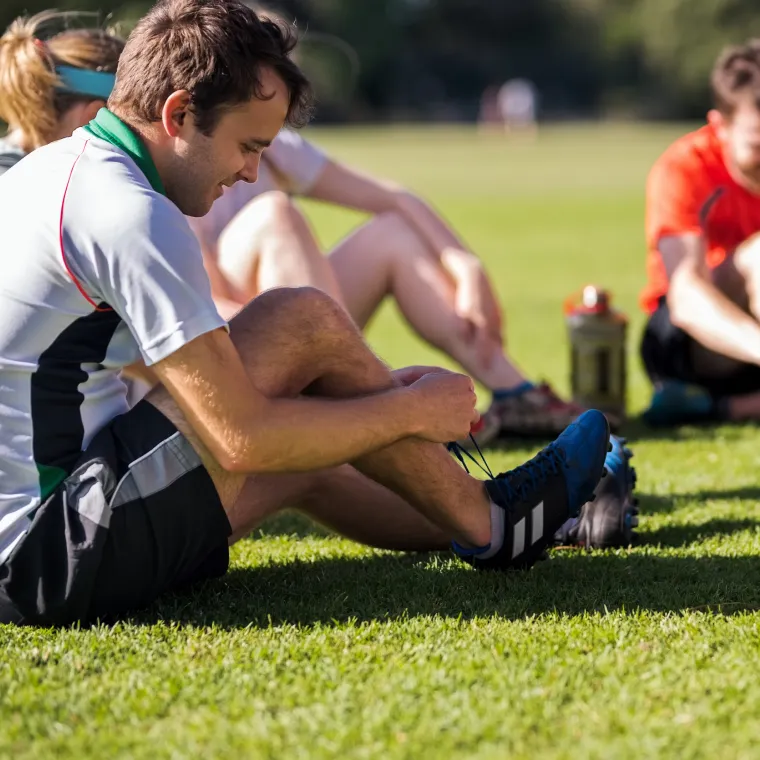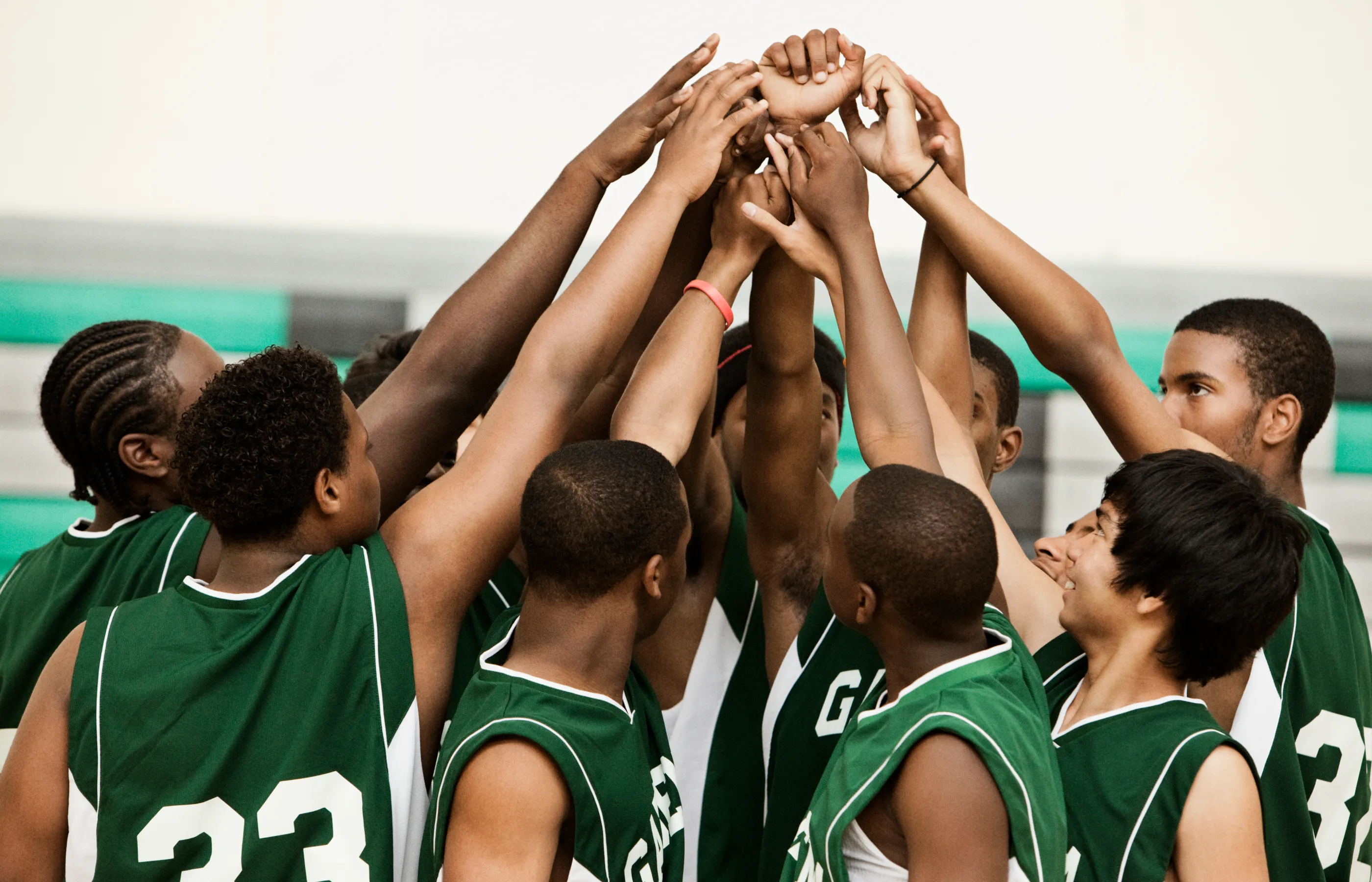Sports Medicine Services
Treatment and recovery options for activity-related injuries and conditions
If a sprain, strain, fracture or other injury keeps you from enjoying the activities you love, the sports medicine experts at Novant Health can help manage and treat your condition. We offer treatments and services tailored to meet your individual needs so you can get back to your active lifestyle.
Expert care for athletes of all ages and skill levels
Whether you're a competitive athlete or just enjoy healthy activities, our team cares for all ages and skill levels. Find programs designed to help prevent or manage existing injuries and meet your goals safely. We offer advanced options including nonsurgical and surgical treatments, physical and occupational therapy for activity-related injuries and services to help you perform at the highest level.

What to do if you get a sports-related injury
If you're not in a lot of pain, don't assume your injury is minor and will simply disappear on its own. You should get checked out as soon as possible to rule out an underlying issue or a more serious injury. Getting care quickly can also help you recover and get back to your regular activities as soon as possible.
Novant Health offers walk-in care for sports and other injuries – often the same day – at locations in Charlotte and Winston-Salem.
When should I see a specialist?
Always seek medical care if you suspect you have a concussion or a painful injury like a fracture or torn ligaments. If your condition doesn't improve within several days or the pain intensifies, talk to our sports medicine specialists. They'll give you an assessment and help you plan a course of action.
For serious or life-threatening injuries, call 911 or seek care at an emergency room.
Common Sports-Related Injuries

Explore Our Sports Injury Guide.
Our guide to sports medicine is an invaluable resource for athletes of all levels. Find common questions about sports injuries, treatment options, recovery methods and reinjury prevention.
